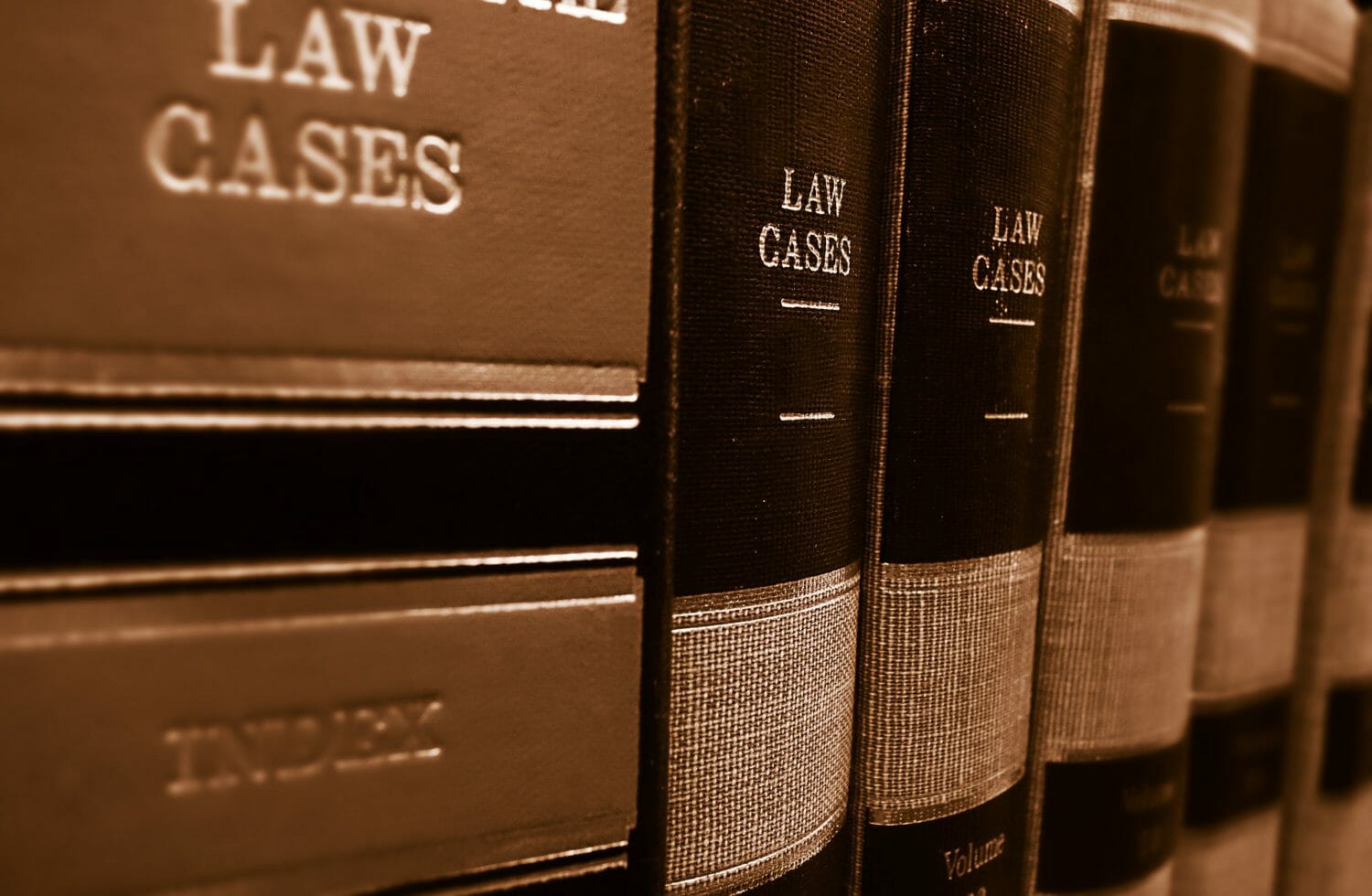
It’s important that our online proofreading course students add the basics to their editorial skills, just the same as students on our journalism courses, especially when they are proofreading blogs.
Bloggers get similar protection as journalists on some occasions.
Their reports from courts, council meetings, and many other organisations and occasions are covered by either absolute, or qualified privilege.
This means they can report the proceedings, subject to certain conditions, without having to worry about libel.
Having said that, a blogger is more vulnerable to the threat of a libel action from a stroppy councillor, police officer, or whoever, and this probably causes a chilling effect. That’s why many bloggers and posters remain anonymous: they don’t have the resources, experience or insurance enjoyed by the media.
Mind you, it’s not that much different on some local papers. I know editors who settle a libel claim, just to get rid of it, rather than incur the costs and the hassle of a court case … even if they know they would win it.
Others simply don’t publish certain types of allegations, just in case. Sad. Hopefully the new Defamation Act will help – it makes suing for libel slightly more difficult.
Bloggers are free to attend, and report, council meetings and court cases held in public … and they are entitled to comment on them, provided the comments adhere to the conditions of honest opinion.


